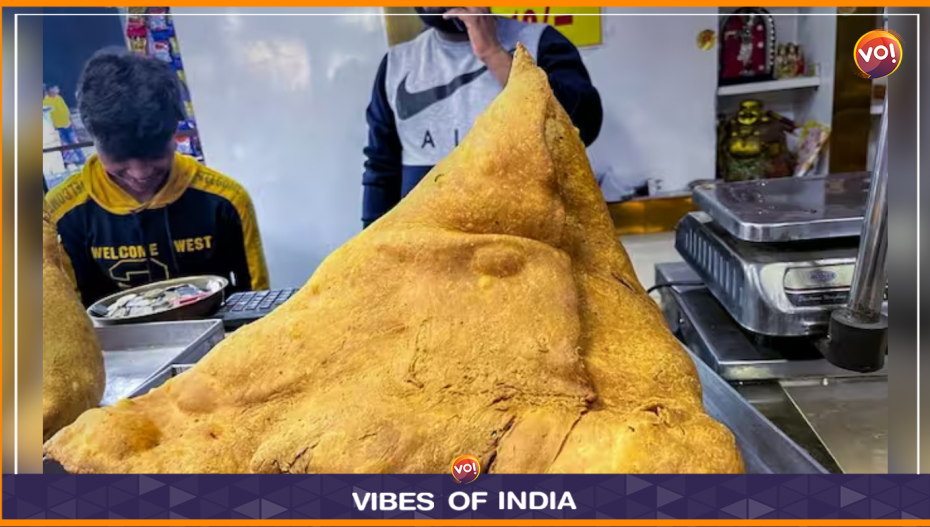There are times when the tempting food we see is not so delicious to eat. A crisp pattice or the freshly baked bun may seem fresh and tasty but inside, the stuff might be stale and hence detrimental to our health.
Students and a teacher of electronics and communication engineering at Vallabh Vidyanagar in Vadodara have developed a device that will help you track the freshness of the product in question – samosa, paratha or even a bun.
The ‘IoT-based food tracking and management system’ employing NodeMCU and the Blynk App has been developed by two students – Deep Singh and Khushwant Rajpurohit under the guidance of Mayur Sevak, assistant professor at the department of electronics and communication engineering at Gujarat’s oldest engineering college – Birla Vishvakarma Mahavidyalaya (BVM).
“Consuming stale food items, especially potato-stuffed, often results in vomiting, diarrhoea, body rashes and even severe food poisoning. We often witness mass food poisoning cases during marriage ceremonies. Hence, safety and quality of food products are not just critical concerns of consumers and producers but also regulatory bodies,” said Sevak.
“Currently, the only way to know whether such potato-stuffed food items are edible or not is to send them to food laboratories for a test. Hence, we thought of developing this device which is handy,” he said.
The device monitors gas, temperature and humidity levels of the food items using sensors.
“Temperature and gas levels are two critical factors that affect the safety and quality of food during storage. We have currently used 250-300 ppm (parts per million) as threshold value to detect the gas emission in these food items,” said Sevak.
The system detects naturally emitted gases such as methane as food decays. While the prototype has been developed at the cost of around Rs 2,000, the team is working on a low-cost finished model that can be used at home, restaurants, eateries, restaurants or food and health authorities.
“We can also convert it into a miniature furnished device for a casserole or oven,” said Sevak, whose paper has been published by the International Research Journal of Engineering and Technology (IRJET).
“The sensors detect gas emissions, temperature and humidity levels even before there are any visible signs of spoilage,” he said, adding that in future, a different set of sensors can be used to test a variety of food products including fruits.
Also Read: EPFO Drops Aadhaar as Proof of Date of Birth Following UIDAI Directive












